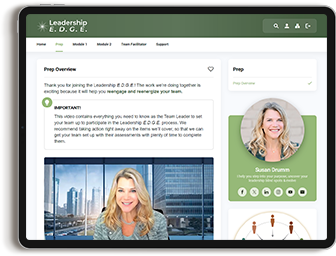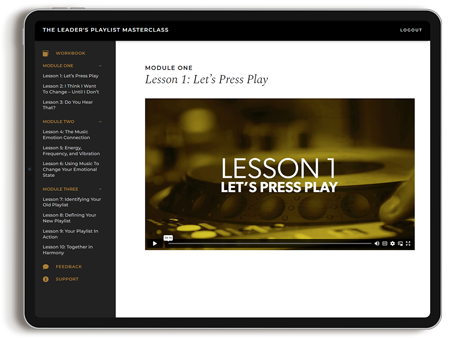How to address your team’s anxiety and promote their well-being (feat. Gaurav Bhatnagar)
Leaders can sense the anxiety rippling through their teams as the impact of the pandemic lingers in 2022 (and they may feel it themselves!).
How can leaders respond in a way that diffuses that anxiety and promotes employee well-being, engagement, and performance?
This is the question Gaurav Bhatnagar has set out to answer. The founder of Co-Creation Partners, Gaurav is an expert at helping organizations achieve high performance and employee well-being. His latest book is Unfear: Transform Your Organization to Create Breakthrough Performance and Employee Well-Being.
According to Gaurav, the path to both better performance and well-being is through reframing leaders’ and their employees’ relationships to fear and anxiety.
This is especially important amid our current period of change and upheaval.
Why leaders should not ignore the fear
Leaders may be sensing the fear, anxiety, and burnout among their team but struggle to get people to openly discuss it. Similarly, they may feel anxiety themselves but worry about showing weakness by admitting this.
But pretending the fear does not exist ultimately sabotages performance, as then, nothing can be done to address it.
Instead, Gaurav recommends the following strategies to help leaders start addressing the fear among their team:
1. Slow down internally. Though the world may feel like it’s moving quickly, leaders can ensure they make better decisions and project calm for their team by slowing their perspective. Mindfulness and meditation practices help this tremendously.
2. Model vulnerability and strength. If you want employees to feel comfortable sharing their anxieties, you must be willing to be open with them, too. Allow yourself to share what you’re going through from a position of strength, explaining how you’ve gotten through fear in the past or what’s helping you currently.
While in years past, some leaders may have viewed employee anxieties as an HR issue, the resulting fallout from the pandemic has made it so widespread that leaders must get involved.
How to reframe fear for your employees and yourself
Gaurav offers this powerful reminder: “We are not only the actors in our story; we are the directors. When it comes to fear, we have the ability to change the story.”
For example, Gaurav walks me through a present situation that feels uncertain: The publishing of my first book.
When asked what feels uncertain and could cause anxiety, what leaps to mind are all the things that could go wrong with the publishing process: choosing the wrong type of publisher, spending too much time and money on marketing, and investing money into publishing without a strong return.
That said, we all have the ability to instantly change the story, and as I began to refocus on my purpose behind the book (instead of what could go wrong), my energy shifted to excitement.
As Gaurav says, “Humans have the superpowers of imagination and language. What we say doesn’t just describe how things are, it creates the future.”
Gaurav also talks about…
- Why better performance hinges on getting out of your comfort zone and facing fear
- How leaders can create a culture that helps people accept unintended consequences
- Why employee well-being and performance are not contradictions
If you liked this episode, you may also benefit from hearing:
- Cameron Herald shares why investing in your leaders is imperative to your bottom line.
- Shep Hyken discuss why the secret to customer loyalty lies in focusing on your employees.
- John Ruhlin’s secret to employee retention, winning more high-figure deals, and earning incredible referrals through radical generosity.




